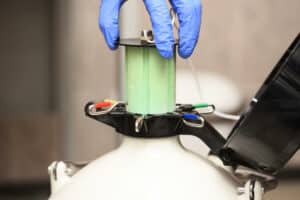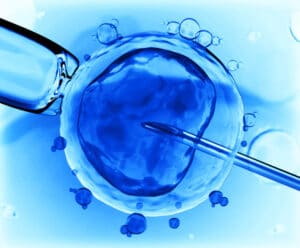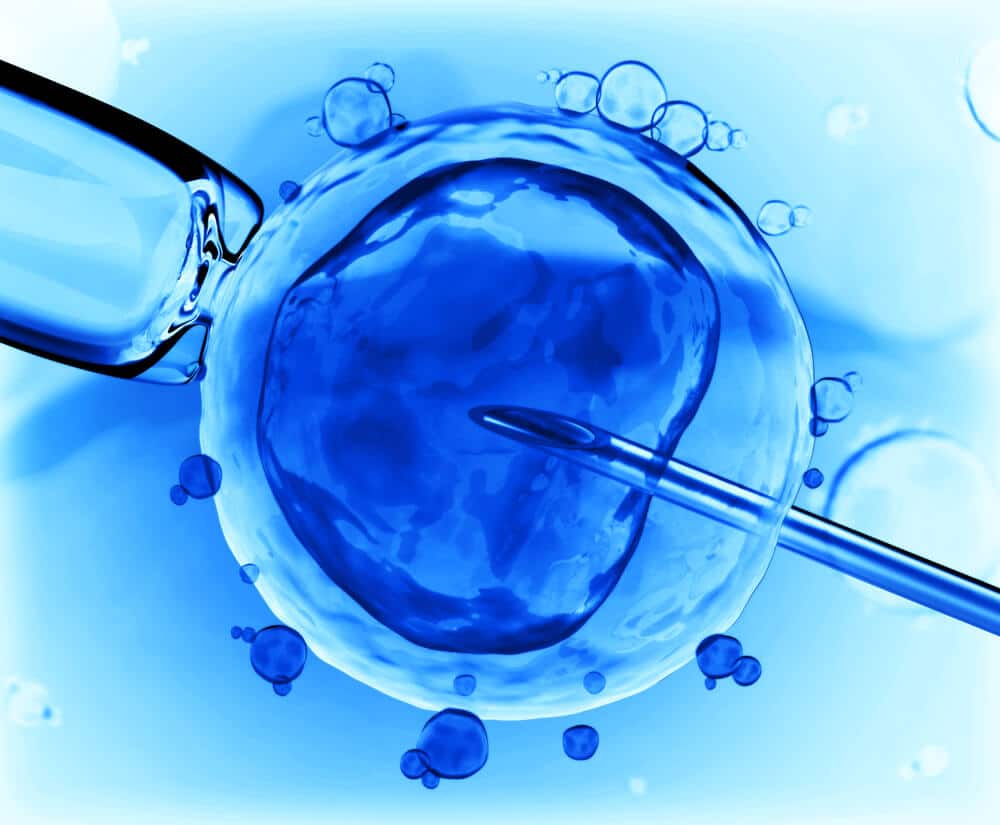Determining Frozen Embryo Ownership in a New Jersey Divorce Case
Usually, Couples Establish Agreements Regarding Child Custody, Yet These Agreements Frequently Overlook the Disposition of Frozen Embryos in the Event of a Divorce.

Legal Status of Frozen Embryos in New Jersey Divorce Cases
Divorces in New Jersey handle the equitable distribution of various assets and determine child custody, among other things, but frozen embryos are neither just assets nor are they children. As such, they fall into a legal gray area that judges navigate when there is disagreement about how frozen embryos will be handled upon divorce. Usually, a couple enters into a contract when embryos are created, and that contract lays out custody implications of the child for each party to agree on. However, the contract may or may not address what will happen to the frozen embryos in the case of divorce.
There are four main options that New Jersey courts turn to:
- Courts may grant the follow-through of a prior agreement, and, in the absence of a contract of the sort, lean towards the desires of the spouse not wishing parenthood.
- Courts may deny the enforcement of an agreement, instead enforcing one spouse’s desire to not become a parent.
- Courts may grant follow-through of a prior agreement but give each party the opportunity to change their mind up to the actual use/destruction of the embryos.
- Courts may grant follow-through of a prior agreement to use the frozen embryo for non-reproductive (research) use.
Custody and Ownership of Frozen Embryos in Divorce Cases
Given the various factors that a court considers in granting custody of frozen embryos, there are many different outcomes of ownership after divorce. Typical outcomes include that one spouse may be granted custody of them, depending on various factors, including those outlined above, particularly that the other spouse gives permission to become a parent, though with no legal responsibilities. The frozen embryos may be donated to a third party for reproductive purposes of trying for a baby. Or the frozen embryos may be donated for the non-reproductive purpose of research.
Case Law to Illustrate the Complexity of Frozen Embryo Disputes

In other cases, however, the court has gone in the opposite direction, even overturning prior contracts, as outlined as one of the potentials above. As noted in the Missouri Law Review, frozen embryo disputes could be handled with more efficacy in the future if contracts were considered binding regardless of circumstances, and education was given to potential parents during their IVF process to prepare them to consider all possible outcomes, including divorce and address them in the contract. For now, however, frozen embryo ownership is still a gray area in divorce, and for that reason, you need a qualified divorce attorney to support your rights and desires.
Seek Experienced Support at Our Firm for Questions Regarding Frozen Embryos in Ocean County, NJ
A skilled family law attorney is invaluable to your fight to have your rights honored regarding who gets the frozen embryos in a divorce. Building a strong case and engaging all means of mediation when there is conflict regarding the issue are just some ways an attorney can help you. Our team at The Bronzino Law Firm has ample experience successfully representing clients in Rumson, Toms River, Red Bank, Bay Head, Monmouth Beach, Sea Bright, Tinton Falls, and other Monmouth and Ocean County communities whose divorces involved frozen embryos. Contact us today at (732) 812-3102 for a free consultation to learn how we can support your ideal future as you move into this new life chapter.







